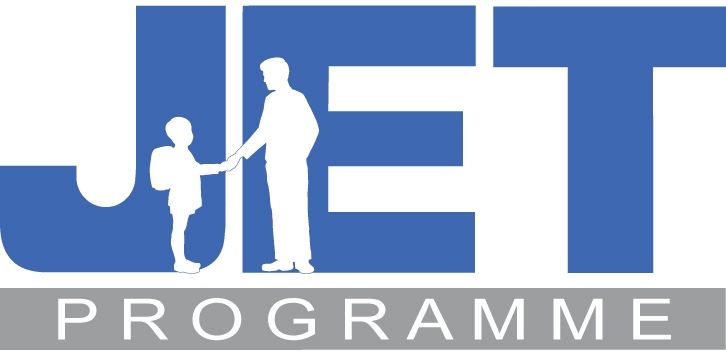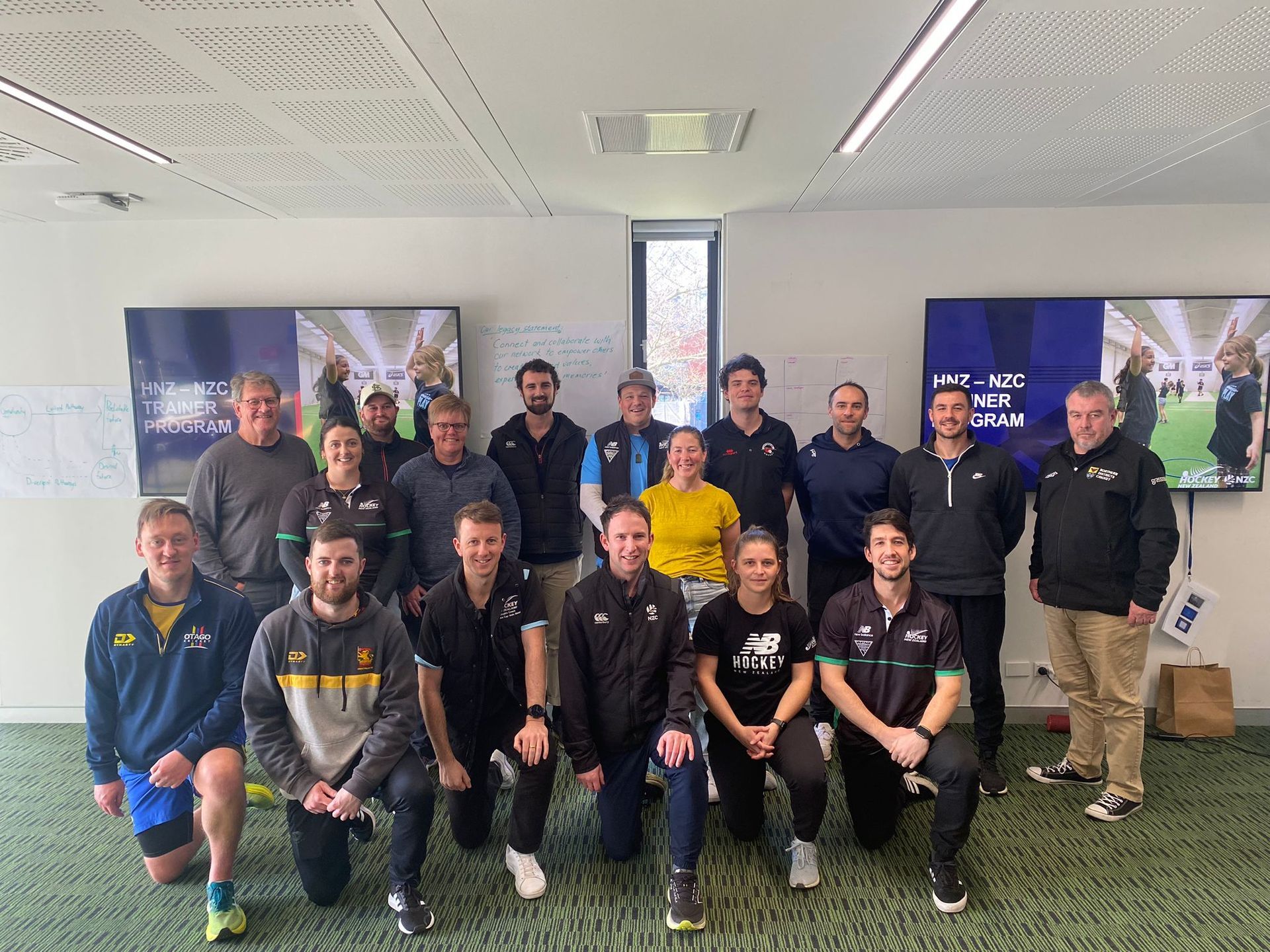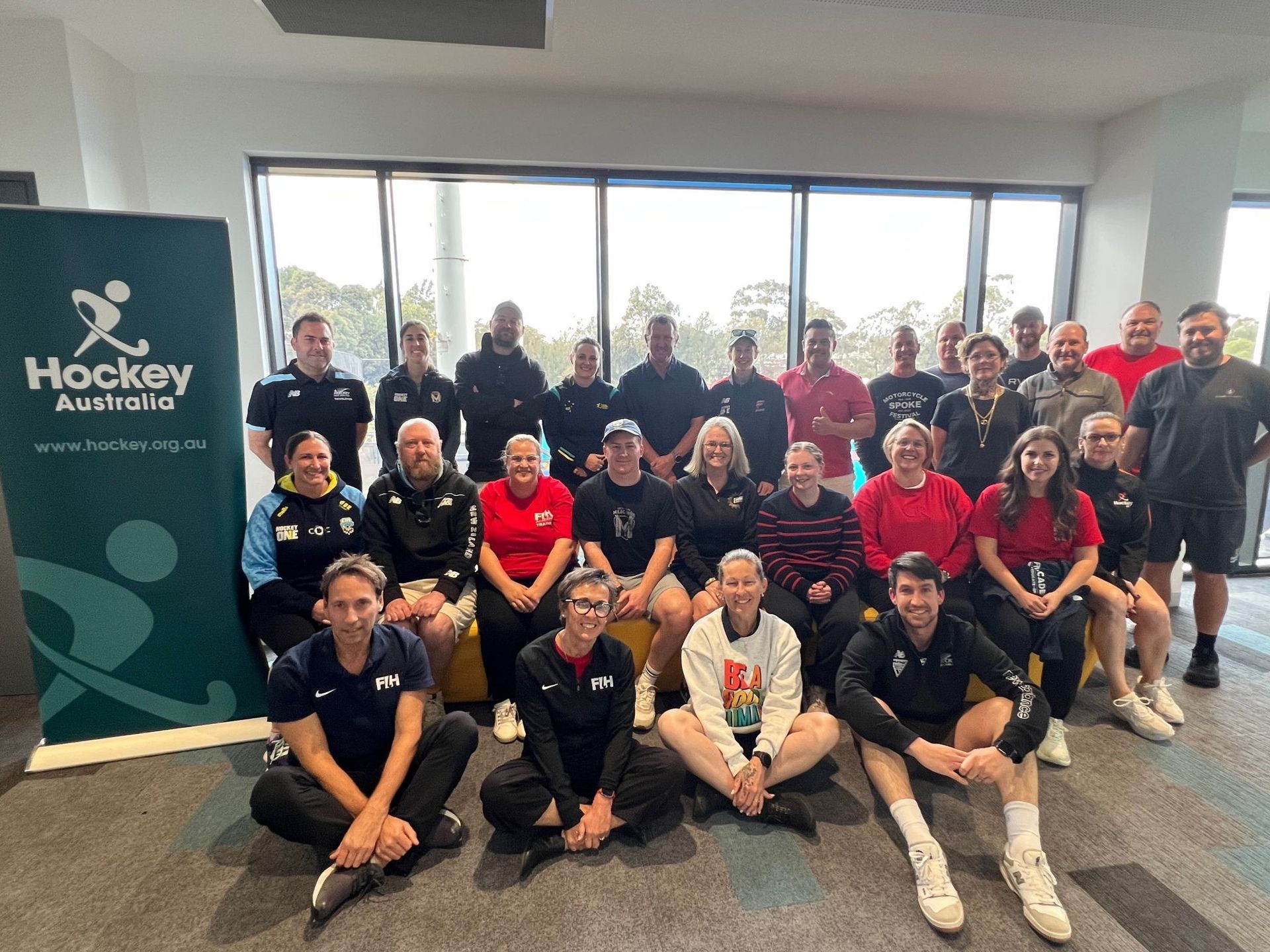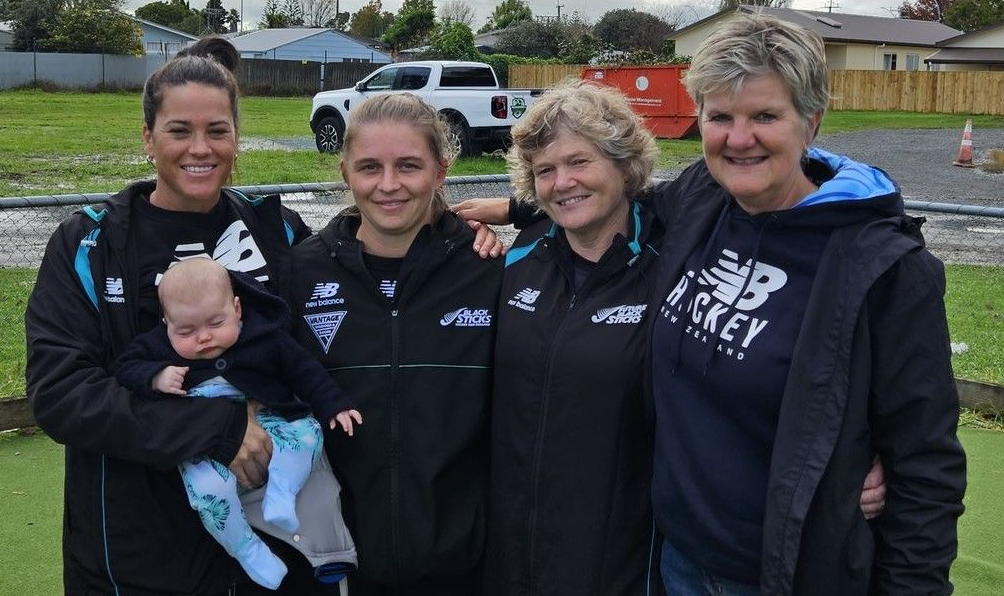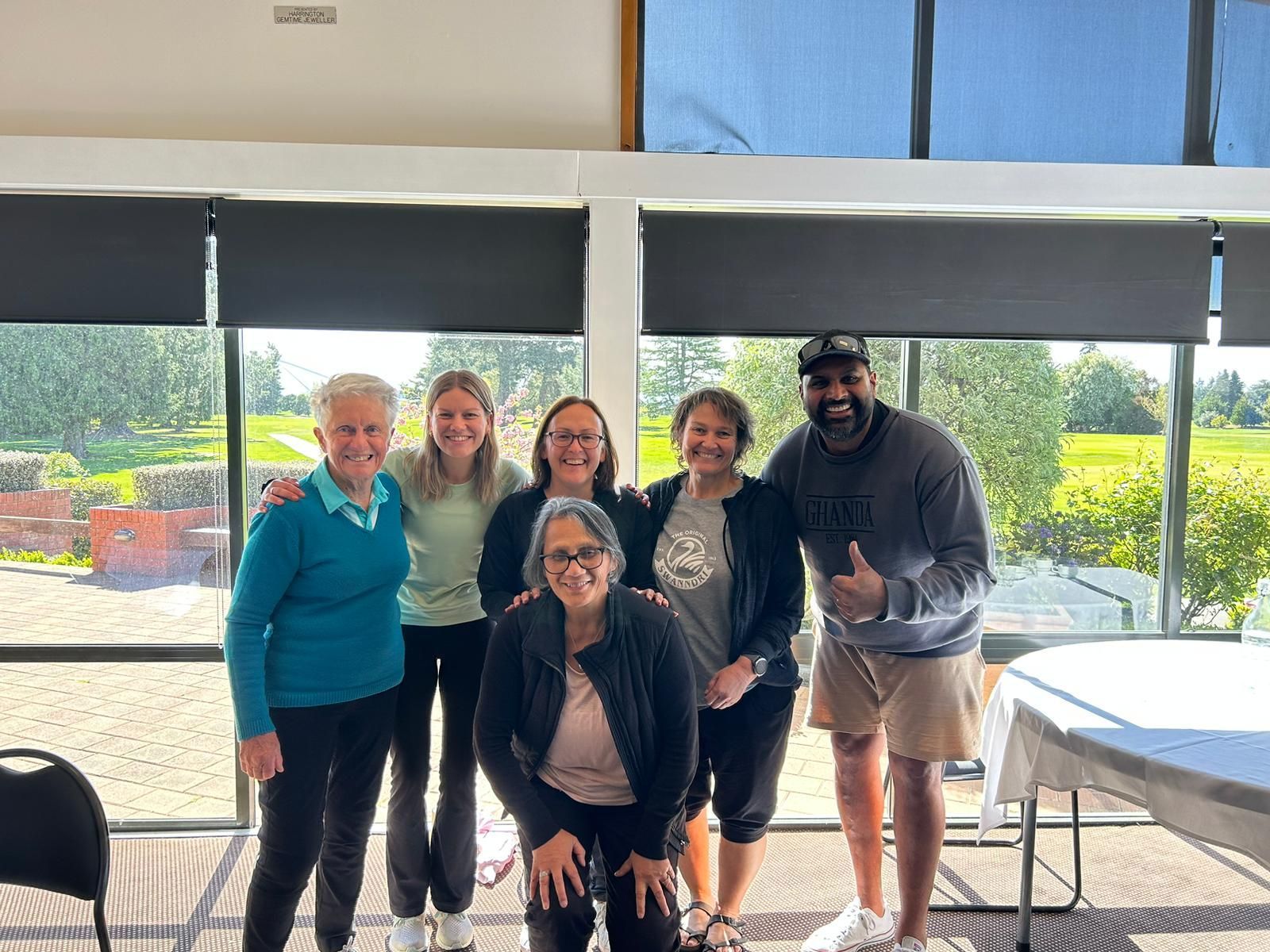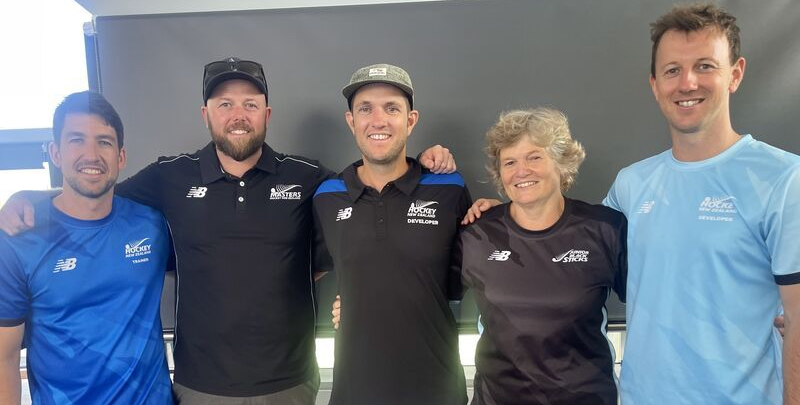The Impact of Players Experiencing Different Playing Positions
Research has been shared about the impact of early specialisation on the long-term development of an individual and the concerning connection to burn out and drop out.
But what about the early specialisation of playing positions and the impact it can have on an individual’s development and engagement in a sport?
If you listen to team trainings and games around the country, you will constantly hear players say, I am a defender, or I am a striker, and even parents commenting on how their child is a goal scorer or a born defender. Why is this, and how do they already know this?
Take this simple, yet common, scenario below.
A player, let’s call them Suzie, may be an early developer. She is taller and stronger than her peers and can naturally hit the ball harder. Suzie is placed as a defender so she can hit the ball out of defence to help her team. Suzie has great success doing this and is praised for her efforts. A year or two later, Suzie’s peers have grown, they are now taller, stronger, and able to hit the ball hard, and furthermore have managed to learn how to trap Suzie’s hit after facing it for the last two years. Suzie the defender no longer has the same success through her hitting, is no longer receiving the praise of her hitting, and Suzie starts to question her ability to play hockey and does not find it as fun anymore.
So how could we try and change this scenario? What role does a coach have in supporting the experience and development of our players?
The opportunity for individuals to play different positions is critical to their long-term development and enjoyment of the game. As a coach, we have the ability and responsibility to create an environment to enable our people to learn and grow and have the enjoyment that can foster a lifelong love of our game.
What are the benefits of people playing different positions?
Different positions take on different roles and responsibilities.
Players will be able to gain a better understanding, appreciation, and perspective through experiencing different positions. It is hard to get a real understanding of the challenges a left defender faces until you are the person on the left side line in your defensive 25 about to receive a bouncy ball and have an opposition player running at you.
Getting out of your Comfort Zone
Its hard to grow and develop if you do not get out of your comfort zone. With the appropriate support and challenge, players can positively experience getting out of their comfort zone and into the learning zone. Remember individuals with a growth mindset improve their ability, not prove their ability.
Developing People not Defenders
Our players are first and foremost people. Their identity is not determined by the position they play. Suzie is not a defender who is valued for her ability to hit a ball, she is a young person with her own personality playing our sport with her friends.
Greater Involvement, Greater Engagement, Greater Fun!
No one enjoys being stuck at the back of the field while your team spends 80% of the game in the attacking 25, we want to be involved. There are positions that tend to have greater touches on the ball and may therefore be deemed to have greater involvement in the game. Baseball is a great example, the pitcher and catcher are highly engaged positions, while the left fielder may spend a whole innings and never see or touch the ball.
We know more touches on the ball creates more opportunities to explore and speeds up the learning process. And let’s be honest, more touches on the ball is more fun, you want to be the pitcher or the catcher.
We believe learning happens from doing
By playing different positions, players will experience different challenges and can explore how they navigate these challenges. For example, a player who may need to work on receiving across their body left to right, may enjoy playing a right defender who tends to have the opportunity to execute this skill more than a striker.
A variety of experience will support players to develop a stronger foundation of essential skills. The ability to execute the essential skills supports confidence and enjoyment of the game. Regardless if you are wanting to play club hockey or international hockey, executing the essential skills are key.
We do not know what we do not know
If a player has never had an opportunity to experience a different position, how will they know if they enjoy being a striker instead of a midfielder and grow an understanding of the roles and responsibilities of the different positions. If a player is boxed into a single position, they may never have the belief to explore other positions and be exposed to experiences to support their overall development.
The game of hockey has seen significant change over the past decade, moving to a faster game and requiring players to have the ability to play across different lines, for example being able to play both a defender and midfielder.
Is there an age when players should specialise in one position and what about Goal Keepers?
When looking at the benefits of playing different positions it is hard to identify if there is ever a time where a player “needs” to specialise.
Consider international hockey where the game has changed, it is faster, and players are finding themselves moving between different roles or positions constantly during a game. No longer is it just the defenders who can overhead, or midfielders who can overlap, all players need to be able to fill all roles at any given time.
Cross code, we are now seeing players challenge the norm, LeBron James a pro basketball forward can play any position on the court, he can make three-point shots, his skill set is diverse, and he is arguably one of the greatest basketballers of our time.
In short, there really is no specific age or time a player needs to specialise. Consider the needs of your players and team and what best meets their needs.
For goal keepers, this may be up for greater debate. There are huge benefits in goal keepers and field players to be involved in multi sports. Take a look at some of New Zealand’s capped keepers Georgie Barnett, Grace O’Hanlon, and Sally Rutherford are all examples of individuals who have played multiple sports from Aussie Rules to Football to Lacrosse and I am sure more!
So, there are definitely benefits in goal keepers playing different positions to gain an understanding, appreciation, and perspective of a field players role, but when exactly should they be thinking about focusing in on being a GK? We will leave this question for another article and call on the experts.
What does playing different positions look like when coaching your team?
There are several benefits to players experiencing different positions. The trick for coaches is creating opportunities for players to explore this in a positive environment. Here are a few thoughts below when allowing your players to experience different positions.
Establish a positive learning environment
This should be a non-negotiable for all teams. Creating a positive learning environment is important to support players in getting out of their comfort zone and into the learning space. Ensure players have appropriate support and are confident to make mistakes as they try something new. Coaches need to be aware of their actions and behaviours to promote and create this environment.
Get the team onboard
Take the time to work with your players and if appropriate your supporters or parents. Create a shared understanding of the benefits of playing different positions on a player’s long-term development. Remember this does not just apply to games, trainings also provide an opportunity to create a diverse experience for players.
Create some steadiness
Think about how you can allow players to have different experiences whilst also allowing them time to learn and explore each one. If players are changing positions every week they may not have the appropriate amount of time for exploration to gain experience and apply their learning.
Take the time to understand the different roles
For some players, regardless of their playing experience, playing a different position may be new to them and create a little bit of anxiety. This is a great opportunity to work with the whole team in getting a shared understanding of the different roles, and shared terminology using the language of your players.
What are some potential challenges?
Making change is never easy. Taking a long-term approach over short term success is easy on paper, but not so easy in practice. Here are some potential challenges and a few ideas on how to overcome them.
The Doubters: Bring everyone on your journey
Communication is key. Allow time to share information about the benefits of playing different positions with the key people. Your key people may include players, parents, supporters, club, or school leaders.
Short Term loss: We are in it for the long run
Focusing on short term success can have a negative impact in the long term. It is easy to put the strong players in the key positions to allow them to get better and the weaker players hidden around them and win a few games. But what is this doing for the long-term development of the strong and weak players and their enjoyment of the game. Be clear on your long-term approach and stay strong, focus on player development not the game result.
We want players to stay in our game, we want players to have the opportunity to develop a diverse set of skills, and we want to develop great people.
Let's look back now at our earlier scenario and see how providing players with a diverse experience may be able to change the outcome.
Suzie is an early developer. She is taller and stronger than her peers and can naturally hit the ball harder. Suzie’s coach has been working hard with the players and parents to explain the benefits of playing different positions. For the first half of the season, Suzie plays as a defender, using her strong hit to help her team get out of defence. For the second half of the season Suzie is moved to a Striker. She struggles with the change to begin with, but her parents and coach have explained that it will be challenging, and it is important for other players practice being a defender. Suzie can now adapt her hitting skills to try and score goals and learn how to lead for the ball her defenders are hitting through. Suzie is praised for taking on the challenge and learning new skills.
A year or two later, and Suzie’s peers are now taller and stronger and able to hit the ball hard just like Suzie. While Suzie is still hitting the ball hard, she has developed her leading and ball carrying skills and is confident to play anywhere on the field. More importantly, Suzie knows that learning new skills can be challenging but fun.
Now this is a very simple view but can highlight the long-term impact of our short-term decisions.
Sport can be a great opportunity for people to connect, develop, learn life skills, and stay fit and healthy. Let’s work together and make sure we create a positive environment to maximise everything sport has to offer.
Below are some opportunities to dive deeper into creating a positive learning environment for players.
Good Sports Climate of Development: Sign up for free to the online learning portal and check out the Good Sports Lessons, including information about what is a climate of development and how you can create a climate of development for your players. Click here to access the Online Learning Portal
Balance is Better: Sport NZ have great resources to support adults involved in sports, focusing in on the youth and young people. You can sign up for free to access resources for coaches, parents, and administrators.
Click here to access the Balance is Better website



